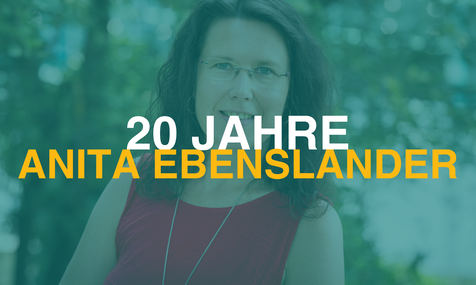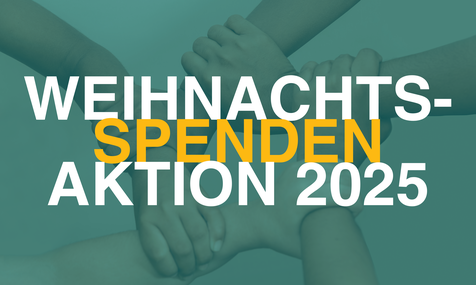Dena lead study on the energy transition: How the "energy transition from below" is to be imposed from above
This is why Dena's flagship study "specifically focuses on the experiences of those who are implementing the energy transition in practice". Kuhlmann is obviously referring to the 66 "stakeholders" from transmission system operator 50Hertz to the lobby association "Zukunft Erdgas", whose logos are printed on page 6.
Yes, "civil society" is also represented on an advisory board. But whether the few environmentalists, including a representative of the controversial WWF, will really put many words on paper against the omnipotence of KfW or BDI seems more than questionable. Obviously there was no interest in asking a BUND nature conservation organization or someone from the route opponents' corner to do so. Or "just" the courage to engage in debate? In any case, the "lead study" is more likely to end up being a study of suffering that does not live up to its ambitious goals.
Old not even in a new guise
"We have to set the course now" in order to "emit hardly any CO2 by 2050", writes Andreas Kuhlmann. Didn't those responsible in politics, business and society already do this in 1990? What has happened in the meantime?
"A solid regulatory foundation with a long-term plannable incentive effect on energy efficiency and efficient CO₂ avoidance as well as a consistent revision of taxes and levies is needed," one reads. The word ORDER is missing. And it's not new either: the same old, same old, same old. We don't want to use the word "gobbledygook" here.
"Due to the high complexity and implementation costs, the integrated energy transition is dependent on a market-based regulatory policy instead of state planning with technology requirements and bans." This is being demanded by the very energy industry that has not allowed a market economy in the past 100 years, has defended its monopolies and still vehemently defends them against any possible competition from citizens' wind cooperatives or private solar power plant operators. This demand for a market economy should probably only apply to them, but not to the monopolists with their transmission and distribution grids and their guaranteed returns.
"For Germany, there will be a significant demand for synthetic fuels from 2030, even with EL80, which will increase to around 8 percent of total energy demand by 2050, even in this scenario." Yes, if oil and gas lobbyists conduct a study instead of a decentralized energy industry, then of course those involved will not want to give up their sinecures.
This is also made clear by the paragraph that demands: "Ensure citizens' participation in the energy transition." But at the end it says: "This also means that the energy transition must focus on safeguarding existing jobs as far as possible and creating new ones, as well as maintaining the industrial base in Germany."
This is why the wind of big business is blowing. Citizens should therefore obviously prefer to invest their money in "renovating buildings or using sustainable mobility options" rather than in new energies. It seems they prefer to keep to themselves in the still-monopoly economy. The demand to "relieve the pressure on onshore wind areas by significantly expanding offshore wind energy" proves this: Only corporations can invest here, not private individuals.
But didn't Dena boss Andreas Kuhlmann call for an "integrated energy transition"? Yes, he did. But he obviously doesn't want to integrate the interests of the "small players", only the big players in the "emergence of a single European energy market". He would probably like that very much. Whether his "stakeholders" - he who pays, creates - are to blame for this, he leaves open.
But the fact that he still dares to write: "We want to think more bottom-up than top-down" is - ... - very courageous.
(Author: Zukunftsenergie-Team Gammel)



